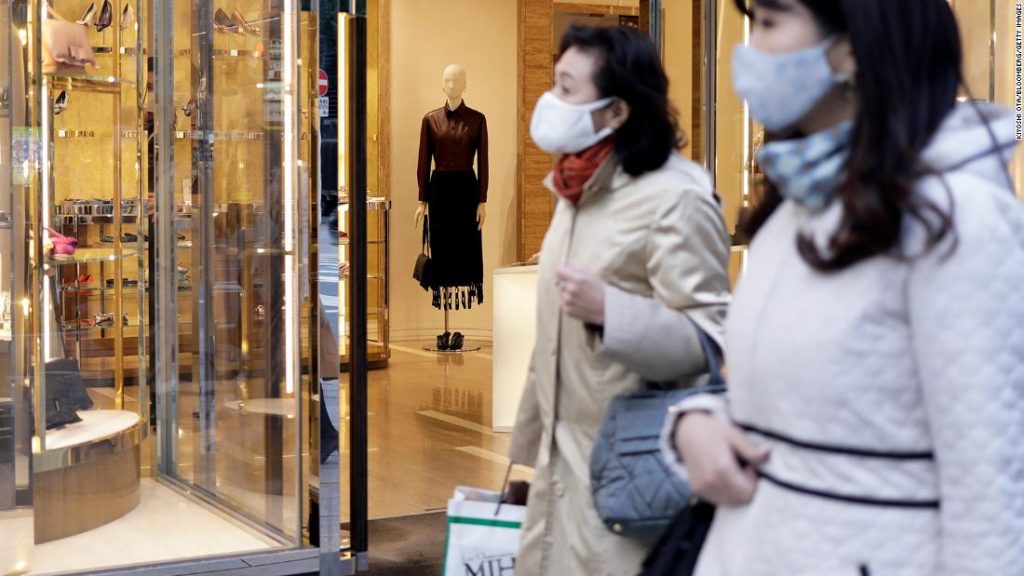
Hours after Japan’s announcement, China released data showing that its recovery is also continuing to pick up steam. Industrial production in the world’s second-largest economy rose nearly 7% last month, beating estimates from economists polled by Refinitiv. Retail sales rose by slightly more than 4% — the fastest pace this year.
“In large part because of a significantly better containment of the virus, most Asian economies are performing better than their Western counterparts,” said Louis Kuijs, head of Asia economics at Oxford Economics.
He expected most major European economies to shrink this quarter because of new Covid-related restrictions. The United States may record a hit to its growth, too, even if the government there does not lock businesses down, he added.
The challenge now in Asia is how to keep the momentum going, given the slowing growth among major trading partners.
“Lockdowns in Europe and a renewed slowdown in the US … pose the risk that Asia’s export recovery could take a breather,” said Frederic Neumann, co-head of Asian Economic Research and managing director at HSBC. He pointed out that Asian economies depend on global trade, and slow demand from the West could dent the recovery.
“Asia alone cannot pull the global economy out of its slump,” he added.
‘Center of gravity’ shifting East
The Chinese government on Monday acknowledged the risk posed by the continued prevalence of the pandemic elsewhere.
Fu Linghui, a spokesman for China’s National Bureau of Statistics, told reporters in Beijing that outbreaks in Europe and the United States have created uncertainties for China’s exports. Still, he said that the total value of China’s trade has increased this year, bucking the global trend.
“If Asian economies can continue to avoid major new lockdowns, the impact of weakness in Europe and the US will only soften the continued recovery in Asia, not undo it,” he said.
Regardless of the state of the pandemic, countries in the region are also attempting to strengthen ties with each other, without the aid of the rest of the world.
This weekend, China, Japan and more than a dozen other countries in Asia Pacific signed the Regional Comprehensive Economic Partnership, a major trade agreement that has been nearly a decade in the making.
“It may reinforce a trend that’s been already underway for decades: that the global center of economic gravity keeps pushing relentlessly to the East,” wrote economists at HSBC in a research note released on Sunday.
You may also like
-
Afghanistan: Civilian casualties hit record high amid US withdrawal, UN says
-
How Taiwan is trying to defend against a cyber ‘World War III’
-
Pandemic travel news this week: Quarantine escapes and airplane disguises
-
Why would anyone trust Brexit Britain again?
-
Black fungus: A second crisis is killing survivors of India’s worst Covid wave

